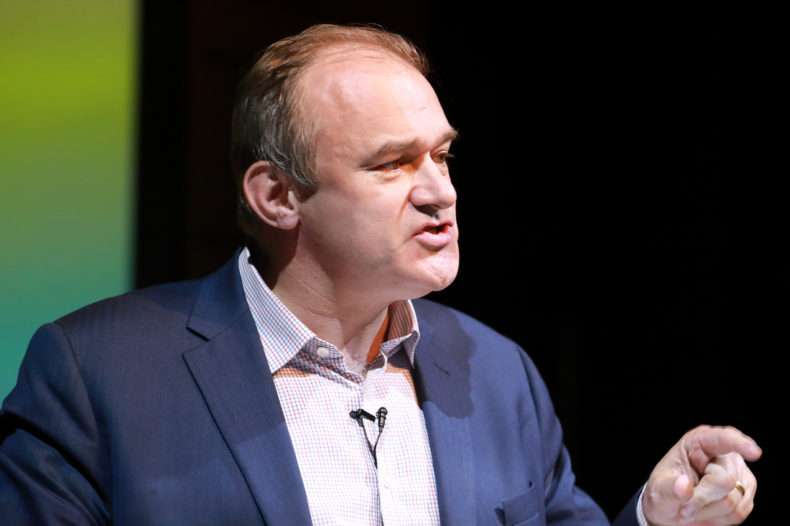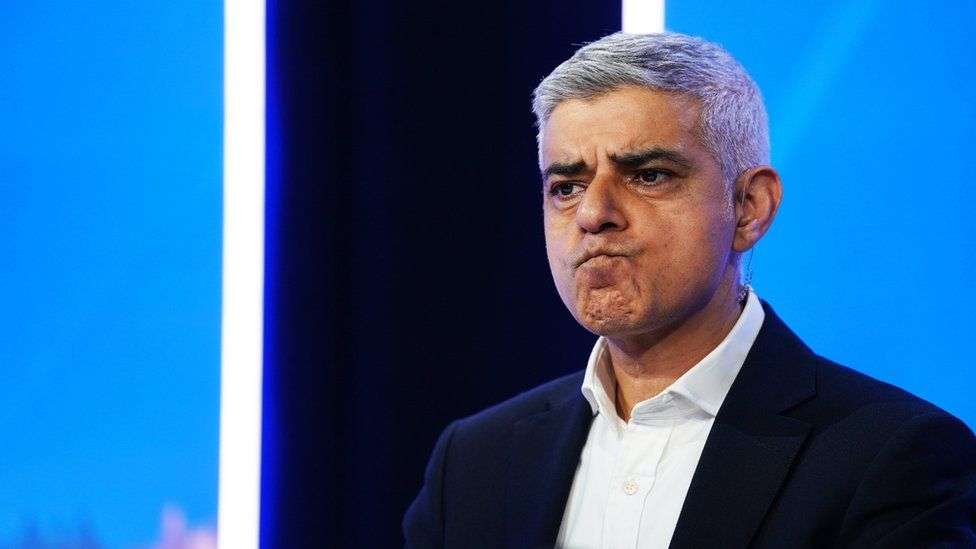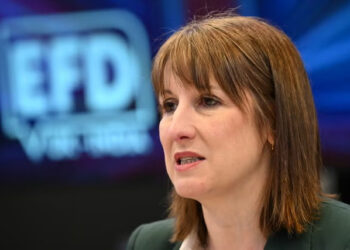Donald Trump’s return to the White House has sparked a wave of responses across the UK, exposing rifts within the Labour Party. While Labour leader and UK Prime Minister Keir Starmer congratulated Trump on his “historic election victory,” others in his party, including London Mayor Sadiq Khan, had a notably different reaction.
Khan, who has a long history of clashing with Trump, refrained from offering congratulations and voiced deep concerns over the implications of Trump’s return to power.
Khan was outspoken in his concerns, saying that the election result is a reminder that “progress is not inevitable.”
“Many will be fearful about what it will mean for democracy and for women’s rights, or how the result impacts the situation in the Middle East or the fate of Ukraine,” Khan said in a statement.
The tension is further underscored by the history of Khan and Trump’s rivalry, dating back to Trump’s first term, when the mayor condemned Trump’s proposed Muslim travel ban as “ignorant.”
Khan’s recent remarks reinforce his concerns about Trump’s policies on human rights and global stability, advocating for a “world where racism and hatred are rejected” and where climate change is confronted directly.
Party Divisions Exposed as Labour Leaders Disagree
Some prominent Labour figures have not hesitated to reiterate their past criticisms of Trump. Former Labour frontbencher Emily Thornberry, who once labeled Trump as a “racist, sexist predator,” stood by her words in a recent interview, saying simply, “Well he is, but he’s also president of the U.S.”
Downing Street has been preparing for Trump’s potential victory for months, aware that ideological differences between the UK’s Labour-led government and a Trump administration could create diplomatic friction. Starmer will likely be tasked with managing these differences while attempting to build diplomatic bridges.
However, Foreign Secretary David Lammy stated that the U.S. remains “the UK’s greatest friend” and that the special relationship has “been cherished on both sides of the Atlantic for more than 80 years.”
Political Allies and Rivals Weigh In
Trump’s victory has stirred opinions from across the UK’s political spectrum. Liberal Democrats leader Ed Davey labeled the election outcome a “dark, dark day for people around the globe” and accused Trump of being a “dangerous, destructive demagogue.”

Davey criticized Trump’s previous policies, claiming they have weakened the rule of law, threatened human rights, and destabilized the global economy.
He expressed solidarity with Americans who may feel vulnerable, especially women and minorities, and warned that the UK’s economic security could be jeopardized by Trump’s trade policies, which have historically fueled trade disputes and impacted international alliances.
Davey also sees Trump’s presidency as a call to action for the UK to reevaluate its relationship with the European Union. In his view, strengthening ties with the EU is now “even more urgent,” particularly to build resilient trade and defense networks that can safeguard the UK from the potential economic and geopolitical impact of Trump’s presidency.
Green Party co-leader Carla Denyer echoed these concerns, calling Trump a “dangerous bigot, bully, and liar.” In her view, his return to the White House signifies a backward step for progress. In a statement, Denyer aligned with those who fear Trump’s influence, describing this as a “dark day” and offering solidarity with Americans who feel unsettled by his presidency.
As the UK navigates the implications of Trump’s return, Prime Minister Starmer faces the complex task of maintaining the UK’s longstanding bond with the U.S. while managing the ideological divides within his party.
READ ALSO: Akufo-Addo Reassures Commitment to Advance Ghana’s Legal Sector





















